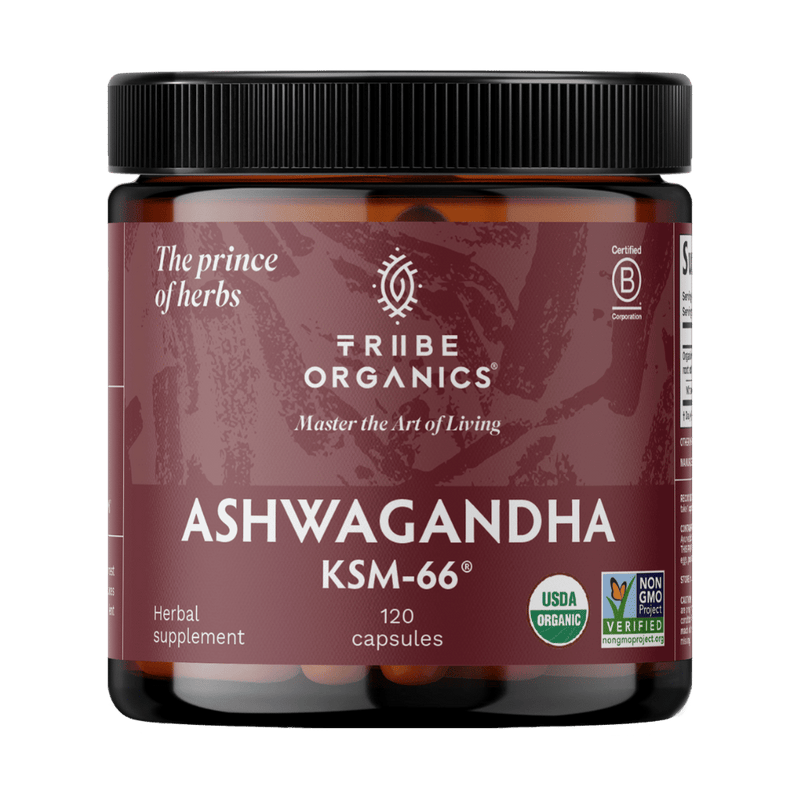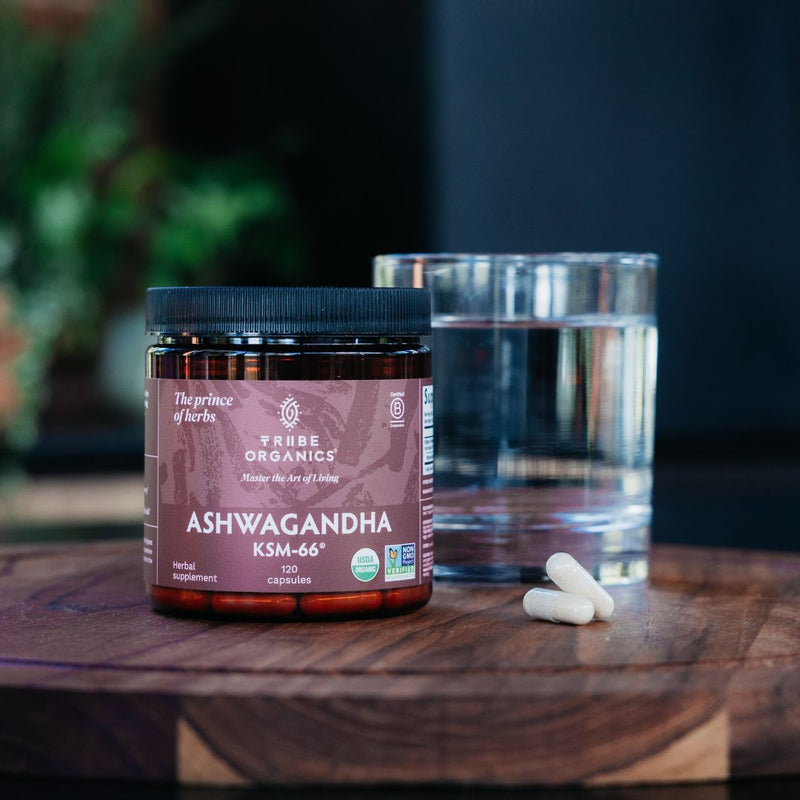Insulin resistance is a common condition that affects many people. It happens when the body can’t use insulin as effectively, so your body can’t use glucose for energy. Insulin resistance may contribute to obesity, type 2 diabetes, hypertension, and atherosclerosis.
Fortunately, there are several supplements you can take to reduce insulin levels in your body and improve your health. To reduce the risk of insulin resistance, eating a balanced diet, including whole grains, fruits, vegetables, and lean proteins such as fish or chicken with every meal, is essential.
You should also avoid drinking alcohol or caffeinated drinks with meals because both of these will affect your blood sugar levels. Also, regular physical activity is one of the best ways to lower insulin resistance and improve your health.

Chromium
Chromium is a trace mineral that is essential for normal insulin function. Insulin helps your cells absorb glucose from your blood, but when there is not enough chromium, your cells can’t use insulin effectively. People at risk of insulin resistance should take chromium supplements.
Studies show chromium supplements can reduce insulin resistance, especially when combined with glucose. You can take chromium as chromium picolinate, chromium polynicotinate, or other chromium supplements.
The recommended daily dosage is between 200 and 600 micrograms of chromium per day. Chromium is better absorbed when your blood sugar is high, so you should take chromium supplements with a meal that has carbs.
Avoid taking chromium supplements if you have a glucose-6-phosphate dehydrogenase deficiency. You should also avoid taking chromium supplements while pregnant or breastfeeding.
Ashwagandha
Ashwagandha is a traditional Indian herb used to reduce stress and treat various health conditions. It has many health benefits, including lowering insulin levels and improving insulin sensitivity.
A study published in the Journal of Ayurveda and Integrative Medicine found that Ashwagandha can improve insulin sensitivity in people with metabolic syndrome (a condition that raises your risk for type 2 diabetes and heart disease). It’s important to note that this study was done on people with metabolic syndrome, a more extreme form of insulin resistance.
When choosing an Ashwagandha supplement, look for one with standardized withanolide levels. You can take Ashwagandha supplements with meals.
Boswellia
Boswellia is a tree resin that is used in Ayurvedic medicine. It is believed to have anti-inflammatory properties. Several studies show that Boswellia can lower the level of insulin in your body and improve your insulin sensitivity.
You can take Boswellia in the form of capsules or tablets. Make sure to take it with a meal that contains fat to increase absorption.
Turmeric
Turmeric is a spice that is commonly used in Indian and Asian foods. Studies show that Turmeric can reduce the risk of developing insulin resistance. It can also lower blood sugar, LDL cholesterol, and triglyceride levels. Turmeric is best taken with black pepper.
The bioavailability of curcumin, the active ingredient in Turmeric, is increased when taken with black pepper. You can add Turmeric to your food or take it as a supplement. Take Turmeric with a meal that contains fat to increase absorption.

Cinnamon
Cinnamon is a common spice used in foods and beverages. It has many health benefits, including reducing insulin resistance and improving insulin sensitivity. A study published in Diabetes Care found that cinnamon can lower blood sugar levels and reduce insulin resistance in people with type 2 diabetes. Taking cinnamon with a meal containing fat would be best to increase absorption.
The recommended daily dosage is between 500 and 1,500 mg per day. Cinnamon supplements and powder are both available. Make sure the cinnamon supplement you choose contains 99.9% pure cinnamon.
Cinnamon is safe for most people, but you should avoid taking it if you have an allergic reaction to cinnamon, and only consume in moderation if pregnant or breastfeeding.
Vitamin D
Vitamin D is a fat-soluble vitamin that helps your body regulate blood sugar levels. Studies show that people who are vitamin D deficient are at a higher risk of developing insulin resistance. Vitamin D also plays a vital role in regulating your immune system and helping your body fight infections.
You should get 30 minutes of sunlight on your skin daily to improve insulin sensitivity or take a vitamin D supplement. The recommended daily dosage of vitamin D is 600 IU. You can take vitamin D in the form of a supplement.
Coenzyme Q10 (CoQ10)
Coenzyme Q10, also known as CoQ10, is a naturally occurring antioxidant in your body. It produces energy in your cells and is essential for many bodily functions, including heart health and blood glucose regulation. Studies show that insulin-resistant people have lower levels of CoQ10 in their blood.
CoQ10 can help reduce insulin resistance. However, it would be best to talk to your doctor before taking CoQ10 supplements because it interacts with certain medications. The recommended daily dosage of CoQ10 is between 100 and 300 mg daily.
You can take CoQ10 as a supplement or in foods such as avocados, peanuts, or sesame seeds. CoQ10 is safe for most people, but you should avoid taking it if you have a congenital COQ10 deficiency, are pregnant, or are breastfeeding.
Magnesium
Magnesium is an essential mineral that is needed for many bodily functions. Studies show that people with insulin resistance have lower magnesium levels in their blood. Magnesium can help reduce insulin resistance. Magnesium is naturally found in many foods, such as nuts, beans, whole grains, and dairy products.
You can also take a supplement in the form of a capsule. The recommended daily dosage of magnesium is between 400 and 680 mg daily. Magnesium is safe for most people, but you should avoid taking it if you have kidney disease, are pregnant, or are breastfeeding.
Insulin resistance is a condition that affects many people, but most of them don’t even know it. These supplements can help reduce insulin levels and insulin resistance.
Tips to Prevent Insulin Resistance
Exercising
Exercise has been shown to improve insulin sensitivity and reduce blood sugar levels. An aerobic exercise program, including aerobic and resistance training, is a great way to increase your insulin sensitivity and help control your blood sugar levels.
Exercise can help you lose weight, which is also helpful in reducing blood sugar levels.
Add High-Quality Proteins to Your Diet
Proteins are essential for a healthy diet. They provide the building blocks for the growth and repair of tissues in the body. You’ll find that many insulin resistance supplements include high-quality protein. Proteins greatly help with insulin resistance because they contain essential amino acids.
Amino acids are the building blocks of proteins. The body can’t produce all of the amino acids it needs, so they must be consumed through your diet. When you consume amino acids, they’re absorbed into your bloodstream and directed to different body parts.
Amino acids are responsible for many functions in your body, including regulating your blood sugar levels.
Add High-Fiber Foods to Your Diet
Not all fiber types have been shown to have the same effects on insulin resistance. Some types of fiber have been shown to increase glucose levels. However, other fiber types have been shown to reduce blood sugar levels.
When you eat high-fiber foods, the fiber is broken down by bacteria in your gastrointestinal tract. This process produces short-chain fatty acids. Short-chain fatty acids are beneficial to your health, but they’re also known to reduce blood sugar levels.
Shop your Premium Herbal Dietary Supplements at TRIIBE Organics' Website
TRIIBE Organics provides herbal supplements for better health and a longer life. We sell a variety of herbal supplements that are meant to prevent insulin resistance.
The company's products are designed to improve your well-being. All TRIIBE Organics supplements are formulated with 100% certified organic and vegan-friendly herbs. They're non-GMO, gluten-free, and kosher-certified, and contain no artificial ingredients or preservatives.
Visit this link and get your supplements.
We ship worldwide and have spent countless hours studying and improving our goods, and we believe you'll enjoy them.
However, we know that you may be purchasing this from us. We want you to be delighted with your purchase. Therefore, your order is fully protected by our TRIIBE Satisfaction Guarantee.
If you are dissatisfied with our products, contact us within 30 days of purchase at info@tribe-organics.com. We'll confirm your order and then let you know how to return your new, used, or broken merchandise. We will offer you a full refund whenever we get it. It's that easy!
Conclusion
Insulin resistance is a common condition that affects many people. It happens when the body can’t use insulin as effectively, so your body can’t use glucose for energy. Insulin resistance may contribute to obesity, type 2 diabetes, hypertension, and atherosclerosis.
Fortunately, there are several supplements you can take to reduce insulin levels in your body and improve your health. These include chromium, Ashwagandha, Boswellia, Turmeric, cinnamon, Vitamin D, coenzyme Q10, and magnesium. Take these supplements daily to lower insulin levels in your body and improve your health.
Shop best sellers
Explore our collection of favorite items that have gained popularity for their quality and satisfaction.























